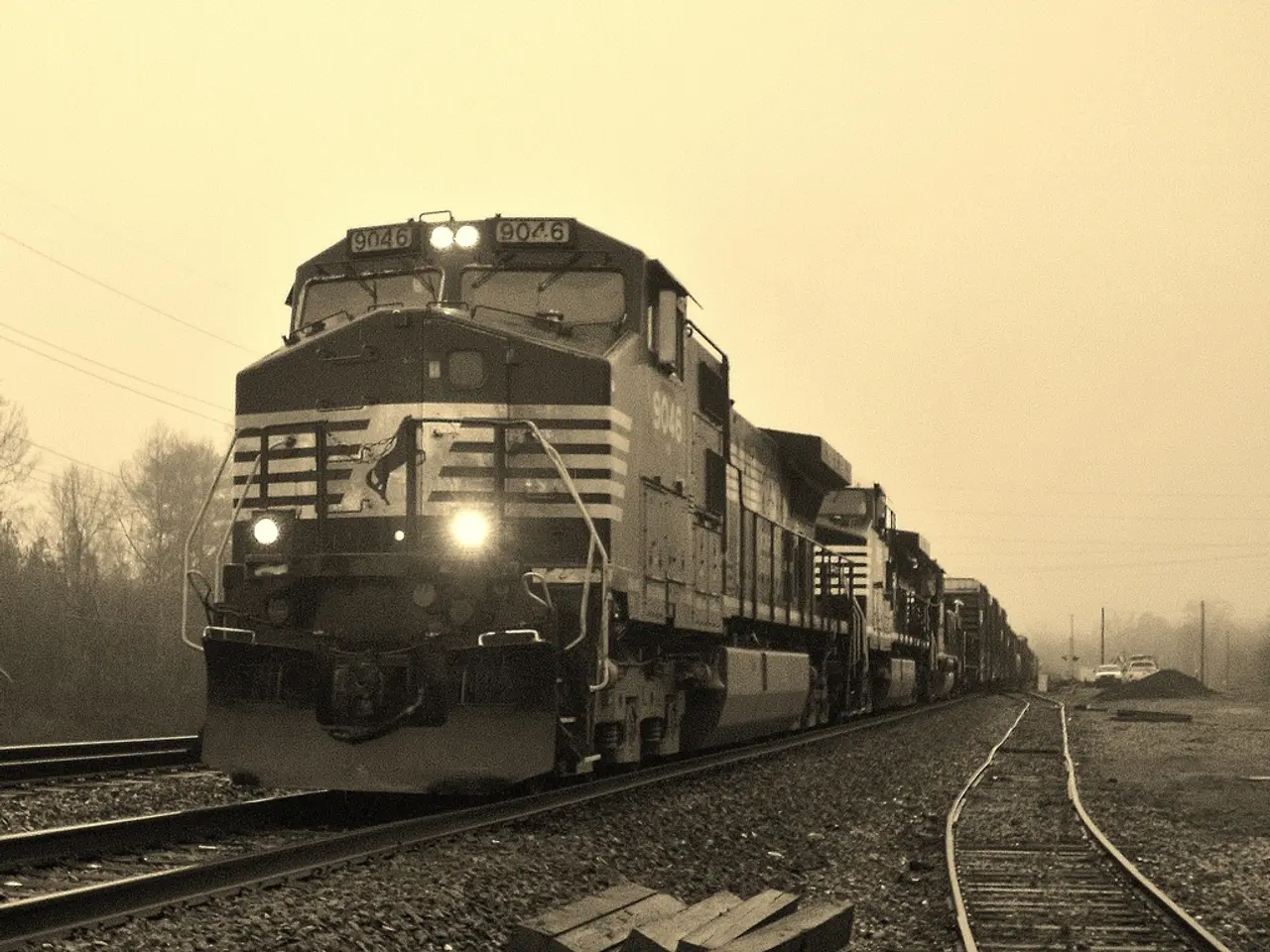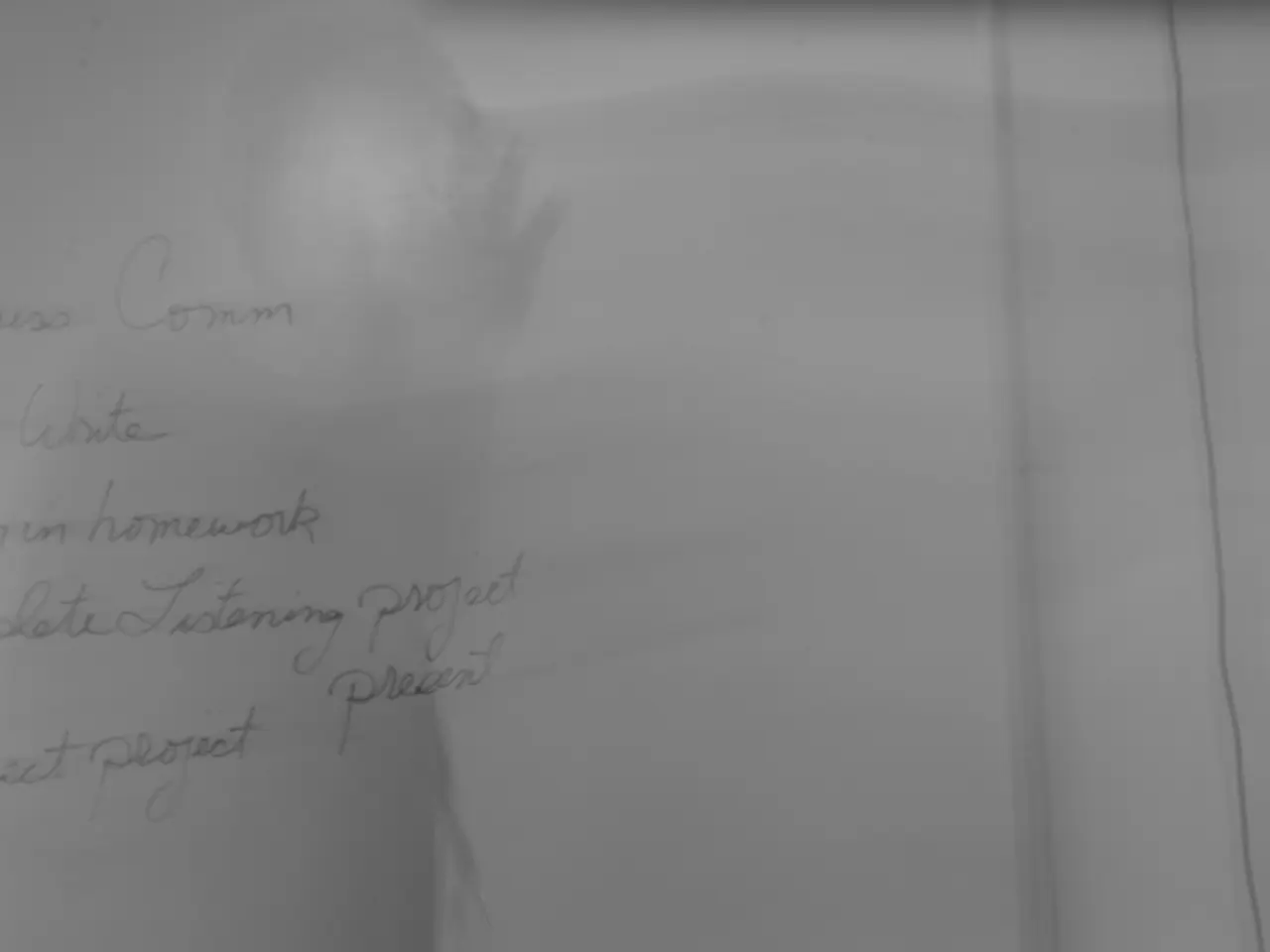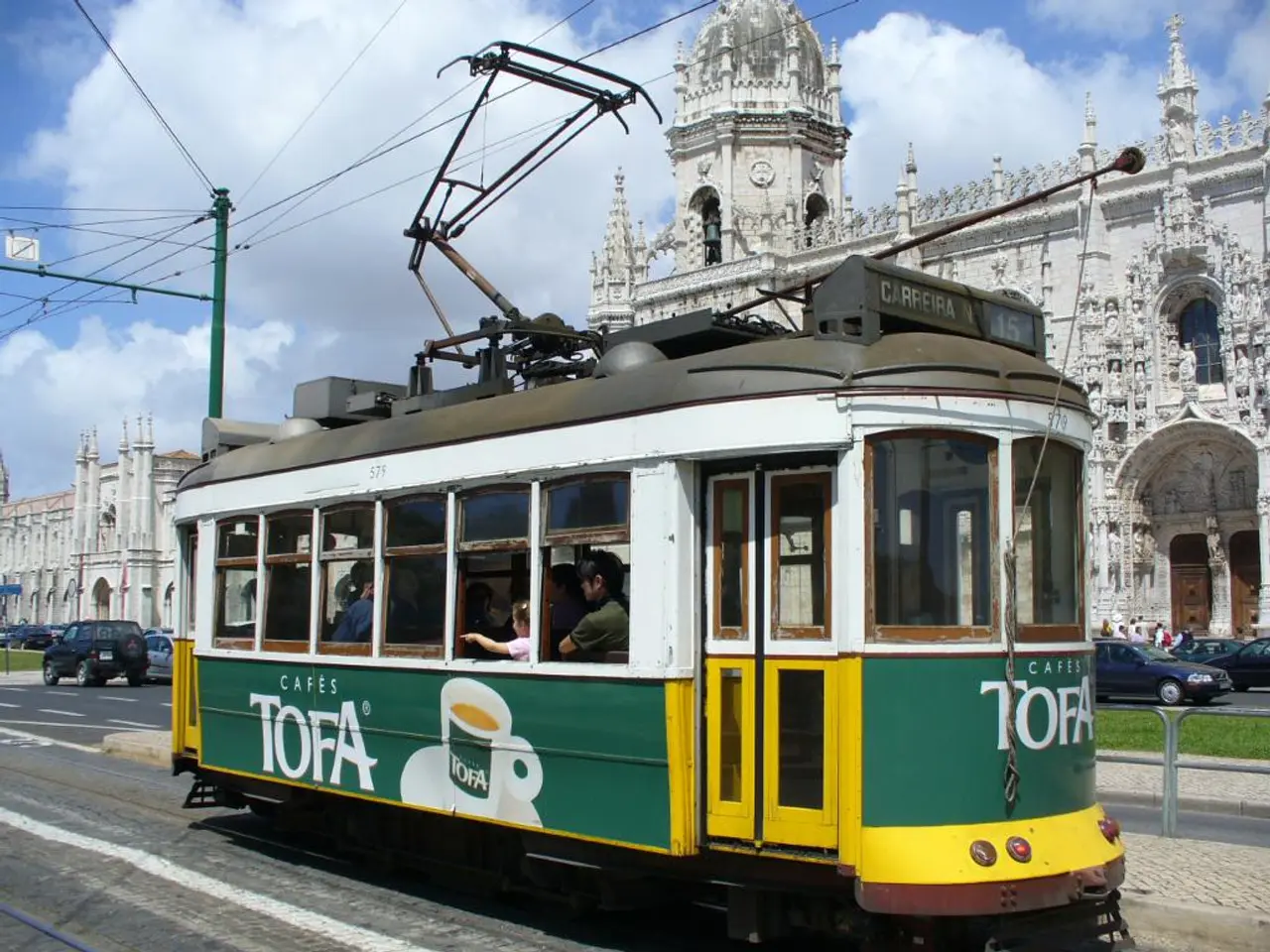Border Controls Implemented at the German-Polish Border under European Aid
In the heart of Europe, the picturesque town of Bad Muskau in Germany, and its neighbouring regions, are grappling with a series of challenges. Traffic jams in the city centre, struggling businesses, and a sense of being pawns in a game of migration policy are just some of the issues faced by the locals.
Meanwhile, in the eastern periphery of Poland, pro-European sentiment has taken a hit, with the potential cause being the sensitive perception of broadcasts about "growing war danger" in neighbouring regions.
The increased border controls at the German-Polish border have had a significant negative impact on local businesses and have strained family and social ties in the border region. These controls have led to delays, increased costs, and reduced cross-border movement, affecting trade, commuting, and everyday life for residents on both sides.
Economically, border checks cause longer transport delays, higher costs for businesses reliant on cross-border trade, and a shrinking customer base. The transport sector alone is estimated to lose about €320 million annually due to delays caused by internal border checks like these, with heavy vehicles sometimes facing wait times of up to an hour. Key sectors affected include agriculture, logistics, and manufacturing in the border region, where cross-border business activity is common.
Socially and personally, residents accustomed to free and easy passage now face disruptions in their daily lives. The reinstatement of checks challenges long-standing habits and relationships across the border. For example, the bridge connecting Frankfurt (Germany) and Słubice (Poland) — once symbolic of open borders — now sees heightened control measures that hinder seamless interaction. People in the region express frustration, viewing the controls as political gestures that complicate life unnecessarily without addressing the underlying migration issues effectively.
Experts involved in border research agree that while controls aim to reduce irregular migration, they lack demonstrable effectiveness in this regard and instead yield unintended negative economic and social consequences. The political symbolism of controls, rather than their practical impact on migration, dominates the rationale behind their imposition.
Prolonged and extended border controls (currently planned until at least October 2025) suggest ongoing uncertainties and continuing hardship for cross-border economic and community life, with fears that these restrictions further erode the Schengen principle of free movement within the EU.
The AfD had demanded the closure of the border with Poland before the last federal election, but many citizens are now realizing the consequences of their decision. The increased border controls were implemented at the instruction of the Polish government, under domestic political pressure.
Illegal Muslim migration from Belarus has reportedly decreased since the border controls were implemented. However, the controls have led to other issues, such as some German-Polish families reducing their mutual visits due to the need to carry IDs. The uncontrolled pedestrian bridge in the Oder and Neiße border region provides encounters at a rate of one per minute.
The local economy in Leknica, near the border, is suffering due to the sluggish business at the Poland Market. Visitors from nearby towns are still seen at the market, looking for textiles under five euros or footwear from the Far East. However, many stalls at the market are closed, and business is down. The German Institute for Economic Research in Berlin attributes a roughly 0.1 percent lower economic growth this year to the border controls between Germany and Poland.
Despite the challenges, resilience can be found in the heart of the struggle. The hairdresser salon "Metamorphosis" in Leknica is doing its best to keep its customers, offering free coffee, colorful sweets, short-notice appointments, and cheaper prices than in Germany. The local castle and park, part of the UNESCO World Heritage, continue to attract visitors, albeit in smaller numbers due to the border controls.
As the border controls continue, it remains to be seen how the region will navigate these challenges and rebuild its sense of unity and prosperity.
- The financial impact of increased border controls extends beyond Europe, affecting small businesses in neighboring regions, with the transport sector alone estimated to lose approximately €320 million annually due to delays caused by internal checks.
- Diversity and inclusion in career opportunities may be affected as the heightened border controls hinder seamless interaction and movement across the border, potentially creating barriers for individuals seeking employment or education on both sides.
- Political decisions, such as the reinstatement of border checks, have led to war and conflicts-related discussions gaining attention in general news, as the perception of growing war danger in neighboring regions becomes more salient due to the sensitive nature of the border situation.
- In the realm of business and trade, international cooperation and finance can be strained by political decisions like increased border controls, potentially leading to a decrease in diversity and collaboration among businesses in the affected regions.




